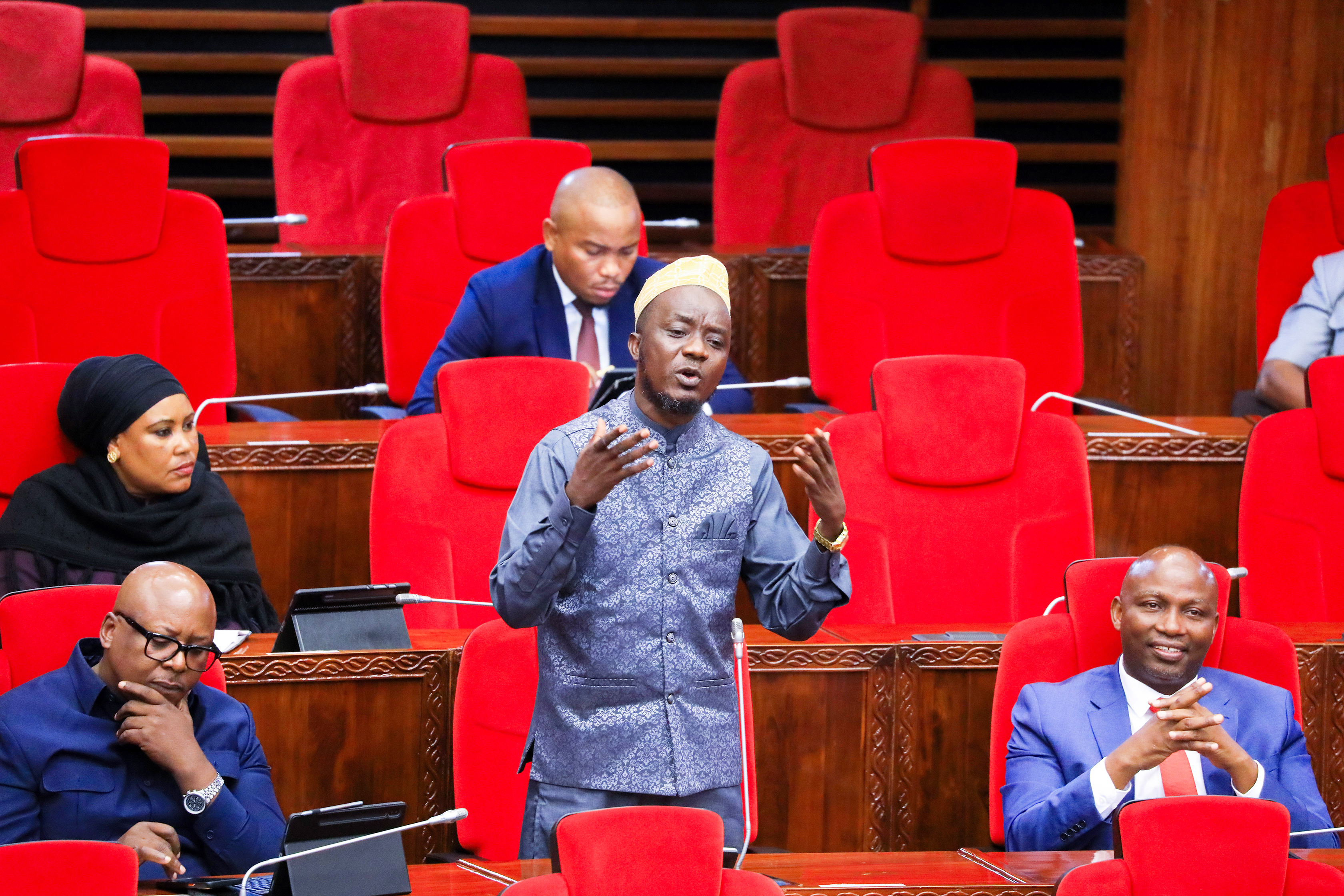WHAT OTHERS SAY: Why airport dancers and wet towels might be bad for tourism
What you need to know:
From time to time, you also see photographs of a tourists-filled plane having landed, and the passengers are welcomed with wet scented towels and traditional dancers.
Lately there are quite a few stories on tourism in East Africa; how Tanzania is winning, Kenya is at the risk of losing out, Rwanda has got the gorilla thing, Uganda is hanging in there against all odds, and so forth.
From time to time, you also see photographs of a tourists-filled plane having landed, and the passengers are welcomed with wet scented towels and traditional dancers.
In the same spirit of celebrating tourism prospects, when a country’s national carrier buying a new plane, and it arrives home for the first time, it is sprayed with foam. Or a foreign airline makes its first entrance, and it’s also greeted with a foam bath.
Contrary to the popular imagination, I suspect a seasoned tourist who is greeted by sweaty traditional dancers or damp towels is unlikely to be much impressed. And when a country sprays a new plane with foam, it might actually put a question mark against its long-term aviation prospects.
These things are usually a giveaway of underlying weakness. Take London’s Heathrow Airport that has just been knocked off the top position by Dubai as the world’s busiest airport by international traffic.
It has about 76 million travellers passing through it, and everyday sees nearly 1,500 flights take off and land, one every 40 or so seconds. And there are many aircraft hovering over the airport to land.
If you had to line up to give passengers towels, or to do a typical Morris English folk dance for them, there would be disaster.
And there is simply no way you can have time and space to bathe a new plane arrival at Dubai or Heathrow.
So these dancing, towel, and bath rituals are really for countries with underdeveloped markets, or underutilised capacity – the kind of places in some parts of Africa where the chaps who control the radar have to be woken from their sleep to come to the airport to land the rare flight.
Some years ago, as African countries were redemocratising, reforming their economies and expanding schooling through universal primary education, talk started about how the “next generation” of reforms would be the ones that would really make Africa rich.
You don’t hear much talk about “next generation” reforms these days, partly because it was really difficult to figure what they are, and it all sounded a bit corny.
But today, we are beginning to get a sense of what they might be. They are the kinds of reforms that, among other things, mean that you have to many people coming to your country, and it will no longer be possible to welcome them with traditional dances at the airport or necessary to give their plane a cold shower.
They include making your cities safe and “happening”. This means they should not flood, must have water running in the taps, should have fast internet, lit streets that are free of criminals, and clean air to breathe.
If people come to your country for nature tourism, then ensure there is wildlife in the parks, and that your lands are not denuded of forests, and that your rivers and lakes don’t run dry.
Health is a big one. This week we read that there are at least 13 Kenyan MPs in India for treatment. A lot of people travel for medical tourism, and even those who don’t want to know that they will be saved if they fall ill. The goal here is simple. African countries should aim to have health services that are so good, their presidents, rich class, and politicians, are willing to take a chance on dying there.
Outside of South Africa, there’s virtually no other African country where the Big Men and Women go to local hospitals for treatment as their first choice. I say anytime you read that the president of a country went abroad for treatment, check twice before booking a holiday there. You will npt get a warm towel on arrival there as a tourist there, though.
So the next generation reforms list is beginning to emerge: Smart cities, cutting edge medicine, imaginative green (climate change) action, technological innovation, ease of travel (e-visas etc.), enlightened open skies regime, non-lethal politics, high personal safety and security.
There aren’t too many people in the world who will keep returning to a country because of the elegant jump and beautiful feathers on the traditional dancers at the airport.




